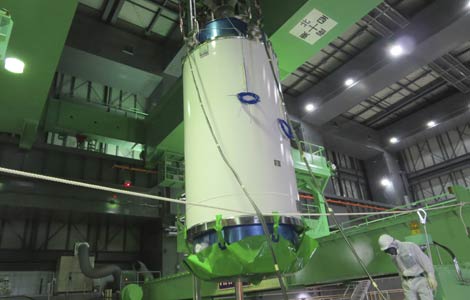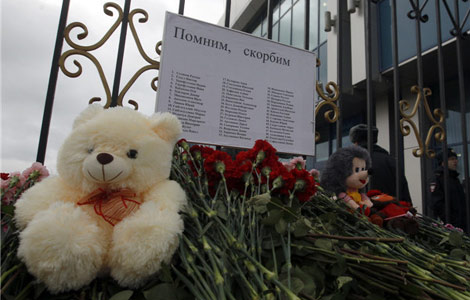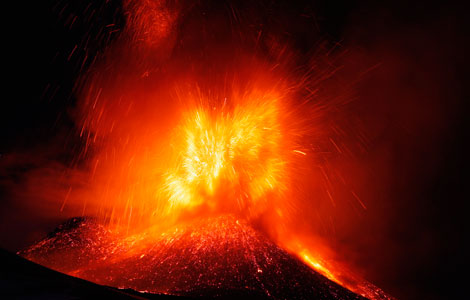

3. Normalization. In the 1980s, both the international circumstances and domestic situations of China and the Soviet Union had undergone great changes. Both sides saw the need to change the current state of confrontation and separation to adapt to new circumstances.
Consultations and negotiations at different levels were gradually carried out, beginning in 1982. Trade volume began to rise and border negotiations were restored. With common efforts, bilateral relations achieved normalization in the late 1980s.
The top-level meeting between Deng Xiaoping and Gorbachev in May 1989 marked the historic turning point in Sino-Soviet relations.
4. Post-1990s. Soon after the normalization of the China-Soviet relations, Eastern Europe and the Soviet Union experienced upheavals and as a result, the Soviet Union fell apart and the new independent Russia became the Soviet Union's legal successor.
Drastic change did not directly bring the closeness of Sino-Russian relations. It was not until the end of Yeltsin's first term, that the Soviet Union realized it was impossible to integrate into the Europe in a short time. So it turned to the east and tried to improve relations with Beijing. The result of this change was far beyond the expectations of the two countries.
At first many people were worried about the prospects of Sino-Russian relations and some people predicted that due to a difference in ideology and social systems, Sino-Russian relations would tend to be cold, stagnant or even worse.
However, China and Russia quickly reached an agreement in principle: China recognized Russia as the Soviet Union's successor state, and the five principles of peaceful coexistence were the foundation and guiding principles of bilateral relations.
None of the grim predictions came true and the bilateral relations presented an unprecedented good momentum of development.
In 1992, the two leaders signed a joint agreement in Beijing and brought the bilateral relations to a stage of "friendly countries to each other."
In 1994, the two signed a joint agreement in Moscow announcing a "constructive partnership with good-neighborly friendship and mutually beneficial cooperation." Regular meetings between the two leaders were established. It is the most comprehensive and extensive mechanism in China's foreign cooperation.
In 1996, the two established the strategic partnership.
In 2001, the two signed the "Sino-Russian Good-neighborly Friendship and Cooperation Treaty," which clearly says that China and Russia do not have, and will not have, any problems on the territory.
In 2004, "China-Russian Joint Statement" and "Eastern Supplementary Agreement of Sino-Russian border" were signed and the latter identified the 4,300km border line.
In 2010, the two countries signed the "Joint Statement of Fully Deepening Sino-Russian Strategic Partnership of Cooperation."
In 2011, the two countries signed the "Sino-Russian Joint Statement on the Current International situation and Major International Issues."
In 2013, "Breakthrough Year" for Sino-Russian energy cooperation. China and Russia have reached a cooperation agreement in the oil, gas, coal, electricity, nuclear power and hydropower fields.
"China and Russia have completely resolved the border issues, conducted extensive military cooperation and supported each other on core interests. Economic cooperation has been steadily increasing, non-governmental exchanges and cooperation between the two countries are more active than ever and border and local cooperation are becoming new growth points," said Li Hui, Chinese ambassador in Russia.
Russian Security Council Secretary Nikolai Patrushev said that Sino-Russian relations in the realm of security strategy are at their best in history and bilateral cooperation is becoming the world's key stabilizing factor in the political sphere.







